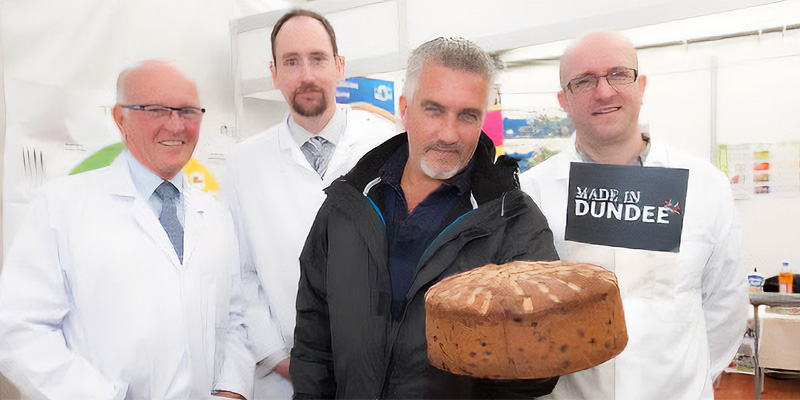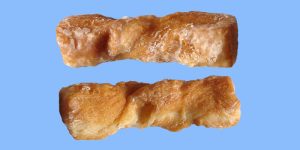Dundee Cake has failed in its bid to join a list of Scottish food and drink products including Scotch whisky, Arbroath smokies and Stornoway black pudding that have Protected Geographical Indication (PGI) status.
PGI status protects and promotes named regional food products that have a reputation or noted characteristics specific to that area. It prevents unfair competition and the misleading of consumers by non-genuine products which may be of inferior quality or different flavour.
The decision was made by Secretary of State for Environment, Food and Rural Affairs, Therese Coffey.
The reason for the knockback, Defra said, was because the name ‘Dundee Cake’ is generic and – as anyone familiar with Article 6(1) of Regulation (EU) No 1151/2012 will tell you – “generic terms shall not be registered as protected designation of origin or protected geographical indications”.
The application was made by Dundee’s Baker Trade Committee, which said it had the support of celebrity baker Paul Hollywood.
According to the Committee, Dundee Cake is rich, moist, all-butter “afternoon tea” fruit cake which must be prepared, decorated and baked in the area within Dundee with postcodes beginning DD1 to DD7.
More specifically, the cake is studded with juicy sultanas and flavoured with Seville orange. Traditionally round and deep, it can be made in other shapes. Geometrical considerations aside, Dundee Cake is always decorated with blanched whole almonds, imparting its “iconic” appearance.
The earliest version was apparently concocted in the late 1700s by Janet Keiller of the legendary Dundonian marmalade brand of the same name. It has continued to evolve to the present day, with Dundee College catering students recently developing a Dundee Cake ice cream dessert.
Dundee’s bakers have until midnight on 31 May to appeal the decision.




